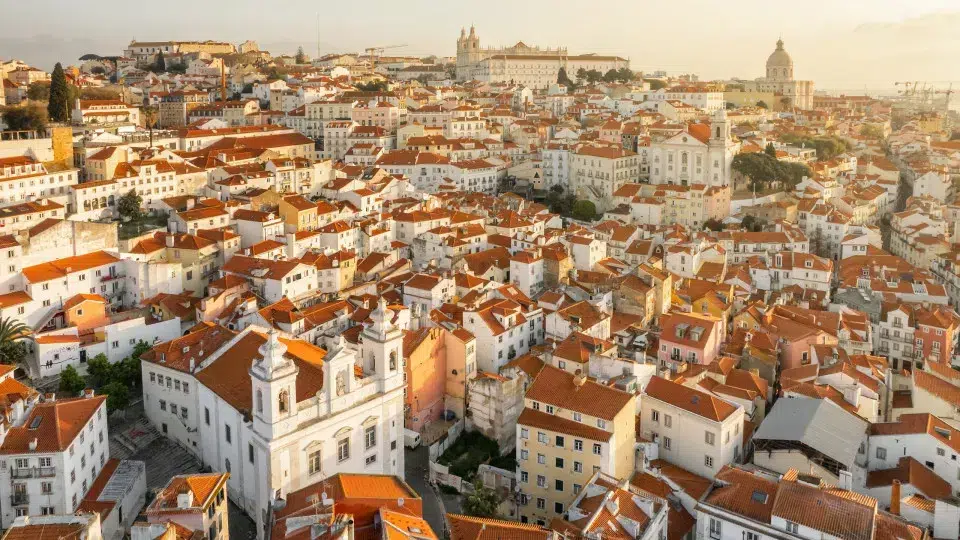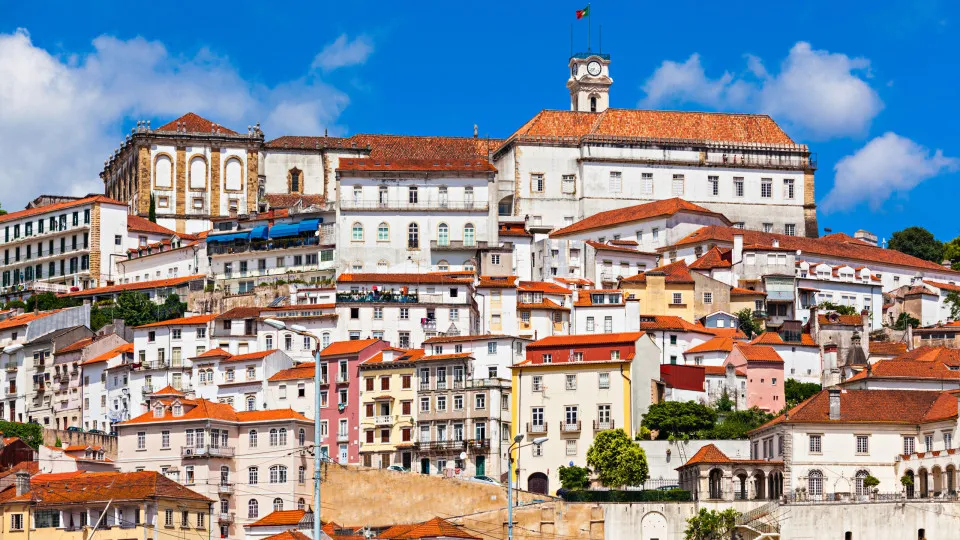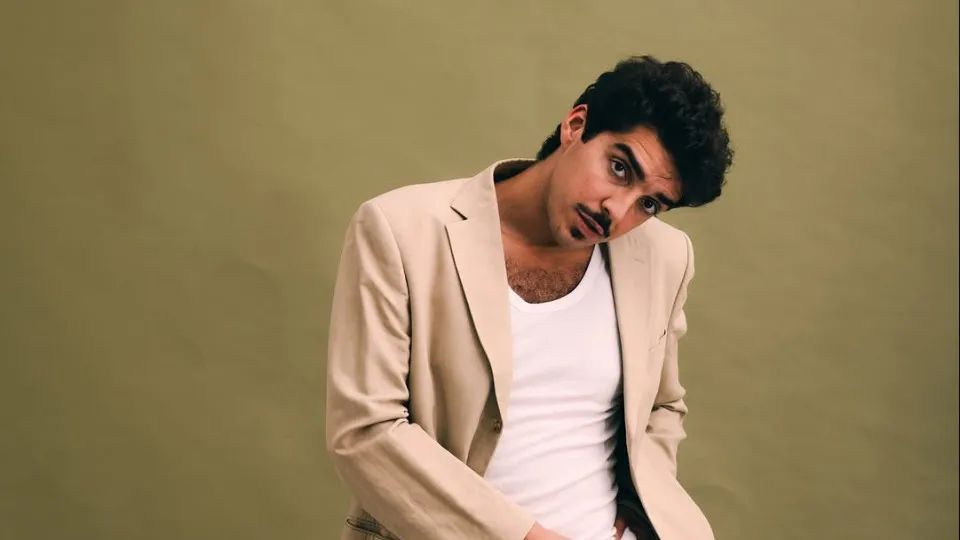The Júlio Pomar Foundation, created twenty years ago to store and publicize the work of the artist who died in 2018, will close by the end of the year and leave the artistic heritage to the Atelier-Museum in Lisbon, according to its president, Alexandre Pomar.
Contacted by the Lusa news agency, the artist’s 76-year-old son said that he had been “accumulating responsibilities and functions” over the course of two decades, as well as managing his artistic estate worth five million euros, publishing books and holding exhibitions.
The news was reported by the Público newspaper on Friday, in an interview conducted as part of the launch of a book Alexandre Pomar wrote about his father’s work, entitled “Júlio Pomar. After the New Realism”, published by Guerra & Paz.
“There are several reasons [for the demise of the Júlio Pomar Foundation]. I’ve been in charge [of management] for a long time, and it wasn’t possible to find administrators to be able to continue,” the president told Lusa, adding that he intends to retire and leave the artistic heritage to the Atelier-Museum, inaugurated in 2013 in Lisbon’s historic center.
On the other hand, “the foundation was already on a very small scale”, initially with just one employee and annual support from Caixa Geral de Depósitos and the insurance company Fidelidade, but “with the financial restrictions of the ‘troika’ era [when the country requested external financial aid] it was completely wiped out”, he recalled.
The Júlio Pomar Foundation was set up in 2004 to receive donations of the artist’s work, which has happened at various times, most notably in 2014, when while still alive the author donated around 300 works to the foundation bearing his name, including paintings, sculptures, drawings and prints.
This set included, among others, the oils “Mulheres na Lota”, from 1951, “Ponte de D. Luiz”, from 1962, “Estudo em vermelho”, from 1964, in acrylic and pastel on canvas, “Mariza”, from 2011, and “Fernando Pessoa e Alfredo Marceneiro”, from the same year.
At the foundation, which also organized some exhibitions outside Lisbon, Alexandre Pomar edited three books and managed the copyright of his father, one of the leading artists in the history of Portuguese art in the 20th and early 21st centuries.
“We weren’t good at linking the foundation to companies and political or financial figures who might be interested in contributing and running it. Besides, there are artists with big fortunes, with expensive public works, but Júlio Pomar [1926-2018] wasn’t one of those, and he didn’t have any side jobs. He lived only from his work as an artist,” said the president.
The foundation sold graphic work, various merchandising and copyrights, but the annual income “was small and didn’t allow for a professionalized administration or staff,” Alexandre Pomar recalled, stressing that his work “has nothing to do with the Atelier-Museum, created by the Lisbon City Council, which pays the staff and management,” with its own board led by curator Sara Antónia Matos.
The artistic heritage, the result of donations from Júlio Pomar, his widow, Tereza Martha, and Alexandre Pomar, is valued at around five million euros, he said.
“According to the articles of association, what has been foreseen is that, when the foundation is extinguished, ownership of the donated works passes to the Atelier-Museum and to the city council” of Lisbon, including the collection, documentation archive, catalogs, clippings and merchandising.
Alexandre Pomar’s hope is that “Lisbon City Council will maintain its interest in the museum and in promoting the work of an artist who has played a historic role at various times”, and that the organization will “continue its life” as it has up until now.
Pomar recalled that the project – which took more than ten years to come to fruition – received the “support of several executives, of various political colors”, namely mayors João Soares, Pedro Santana Lopes, Carmona Rodrigues and António Costa himself.








